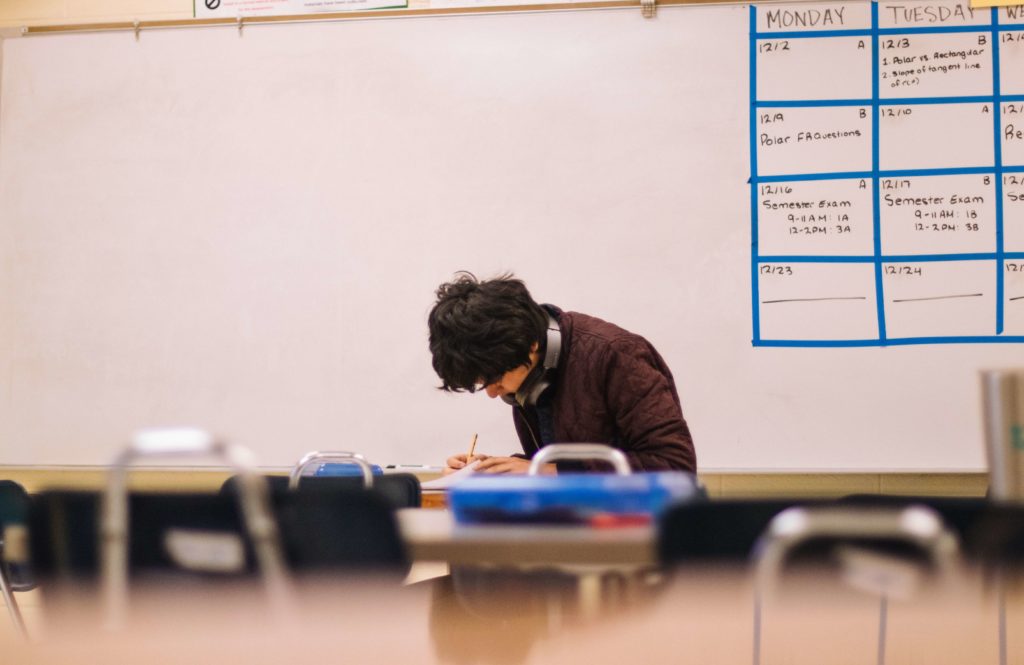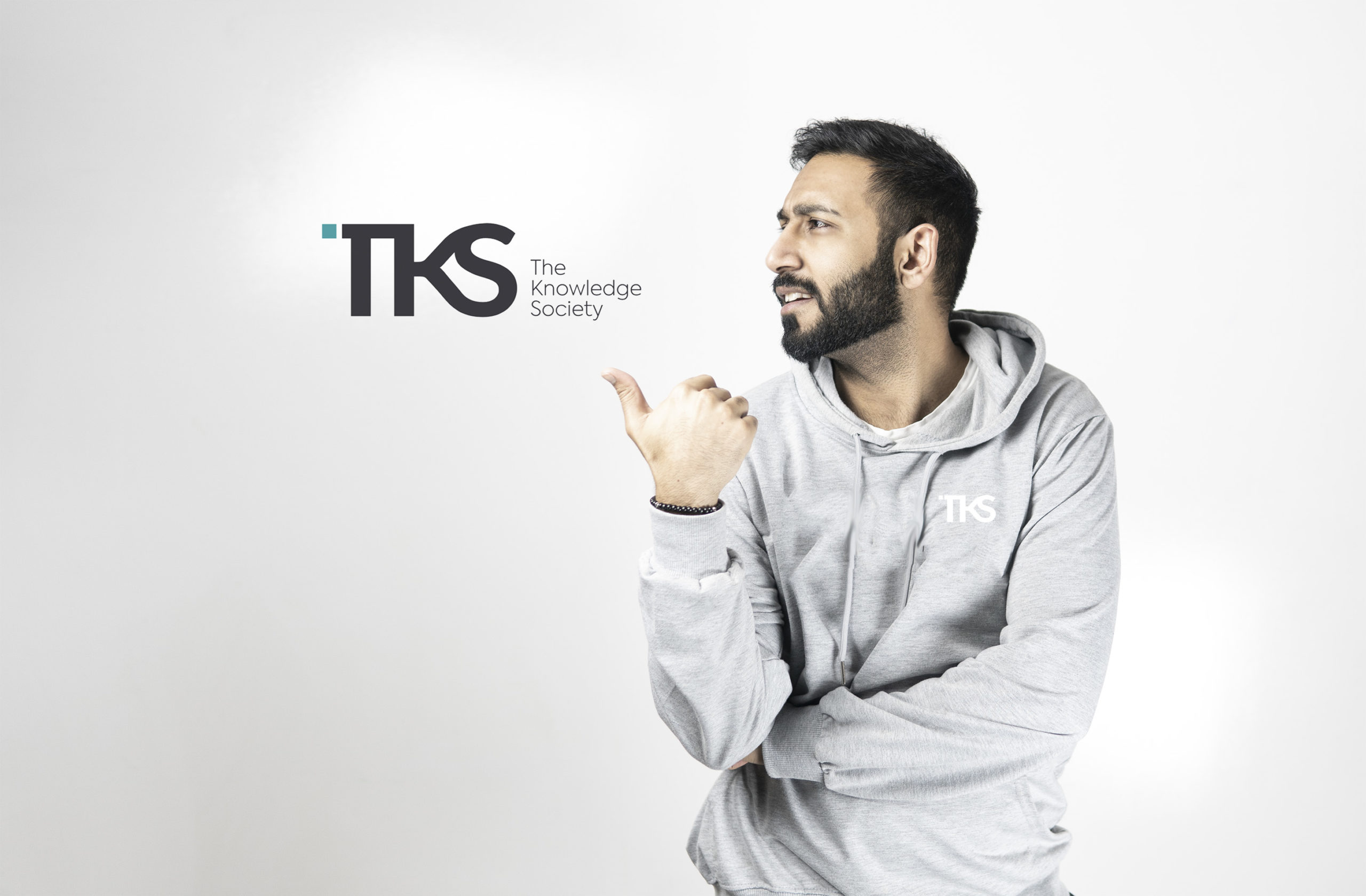
Over the last 100 years, there has been incremental innovation in education systems across the world. We’ve swapped out blackboards for whiteboards, but not much has changed besides, and the one-size-fits-all system is failing students.
Globally, schools understand they need to adapt to the 21st century and to expose students to future career possibilities, while developing the mindsets to be successful in new industries. Human potential is our greatest and most valuable resource – the limit to global progress is the ambition of the most ambitious. Albert Einstein said, “I never teach my pupils; I only attempt to provide the conditions in which they can learn.”
When young people are developed to their full potential, they have the curiosity, knowledge, enthusiasm and potential to solve the world’s biggest problems. And yet, despite all we have learned and experienced over many decades, we continue to operate a one-size-fits-all education system that exists to slot people into jobs rather than being aimed at equipping them to be successful in life.
The World Economic Forum ‘Schools of the Future’ Report, in 2020, named TKS as one of the world’s “Schools of the Future”, and stated that education models must adapt to equip children with the skills to create a more inclusive, cohesive and productive world. This paper was the outcome of a widely consultative process with global educators, policy and business leaders, education technology developers, and experts. It was curated by the Platform for Shaping the Future of the New Economy and Society.
The Report also noted that the standardized model of direct learning, widely used in mainstream education today, was largely influenced by the needs of the First and Second Industrial Revolutions, when the mass production of uniform talent was used to fill repetitive, process-oriented early manufacturing jobs. Overall, the Report questioned the adequacy of current education systems. And rightly so.
Our education system – not just in Canada but all across the globe – was built to mitigate risks, not to optimize success. Largely, the system continues to operate in this manner, despite the fact that our greatest resources are our young people. Unfortunately, in classrooms across Canada, the United States and globally, we are not training our students to be their best selves. Instead, we are training them with an outdated curriculum and often, at no fault of their own, with a system that isn’t flexible in the overall learning process.
Our current education system optimizes for grades, which is what universities look for, but not what is best suited for real life situations, and certainly not what breeds entrepreneurship. Employers want people with strong mindsets, adaptability, the capabilities to figure out and address problems, and relationship skills to bring it all together. This is where TKS excels – in preparing students for the real world and giving them the ability to make real changes.
We need to think outside the box and train our children and young people with world-class instructors and lessons that include both soft and hard skills, through project-based learning and skill building. It’s never too early for a young person to learn about solving real-world problems through using emerging technologies, developing a foundational mindset, and building core skills and an ambitious attitude.
Our mission at TKS is to cultivate the next generation of global leaders. We want to find teenagers who have a strong sense of curiosity, ambition, and work ethic, and help them maximize their potential. Under the TKS methodology, young people are building the technical and scientific knowledge and skills that they use to develop solutions to address the world’s most pressing problems. We have produced students who have started venture-backed companies, worked on curing disease, pioneered industries like quantum machine learning, and earned internships at top companies such as Microsoft and IBM…and in many cases, they’ve done all of this long before their Sweet 16 celebrations.
It’s about thinking big and reaching for the stars. If society can train Olympic-level athletes from a young age, it can also train Olympic-level CEOs, inventors and thought leaders. Nobody thinks a gym class is on the same level as Olympic-level swim training. Olympic athletes start young and TKS operates on the same philosophy, training students between the ages of 13 and 17. If you want to be an Olympic swimmer, you don’t hit your mid-20s and suddenly decide you want to compete in the Olympics. Instead, you start young, and you train and get coached by the best. It’s not always about raw talent and potential; it’s about hunger, ambition, drive, and above all, having the necessary tools to be the very best version of yourself.
Education is not a one-size-fits-all system. We cannot continue to allow our young people to be taught in similar classes in similar ways, despite having different learning styles, interests, and life goals. The limit to global progress is the ambition of the most ambitious. Our young people are tomorrow’s change-makers. It’s vital that we give them the tools to be that change.
Navid Nathoo is a Co-Founder of The Knowledge Society (TKS).

